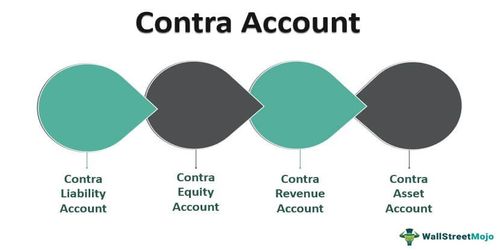Introduction
After applying for or receiving assistance, it is typical for the recipient's situation to evolve. An increase in federal benefits may be possible if your circumstances change and you are already receiving Social Security or Supplemental Security Income (SSI). If your spouse or ex-spouse passes away, you may be entitled to a greater Social Security payout. Another way to determine if you qualify for Social Security benefits is to utilise the Benefit Eligibility Screening Tool (BEST). This tool uses your responses to questionnaires to determine which benefits you may be qualified for and provide guidance on applying.
Work for 35 Years
You can earn Social Security payments as early as 62 and as late as 70, provided you've worked and paid into the system for at least ten years. The sum of your benefit is calculated as the mean of your 35 highest earning years. Those zeroes get averaged in if you labour for fewer years. When calculating your benefit, the years you made the most money will be used. However, there is a breaking point. For 2022, the maximum benefits will be $2,364 for those retiring at age 62, $3,240 for those retiring at their full retirement age of 66, and $4,194 for those retiring at age 70.
Earn more
Raising one's income before retirement can increase one's Social Security benefits. The amount you receive from Social Security in retirement can be increased by increasing your income in retirement, whether through a raise at work or second employment. Nonetheless, there is an annual adjusted maximum earnings threshold at which neither the Social Security tax nor retirement payments are withheld. Your retirement benefits will be based on your highest yearly salary, up to $147,000 in 2022. Any income you make in 2022 more than $147,000 is not subject to Social Security taxation and will not be included in your future retirement benefits calculation.
Suspend and restart your benefits
If you are already collecting benefits and are between full retirement age and 70, you can pause them now and resume getting them at a later date to allow your gifts to grow again. You'll get a raise thanks to delayed retirement credit and extra pay when your retirement benefits are on hold. However, if your spouse or children are getting benefits in your name, they will no longer receive their payments. Except for inflation, their benefits will not increase throughout that time. Your Social Security benefits may be lowered if you receive a pension from another source.
If you receive a pension from a company that did not withhold Social Security taxes from your salary, this could reduce the number of benefits you receive. People who worked for the public school system, the railroad, or the Federal government before 1984 and are therefore part of the Civil Service Retirement System are typical examples (CSRS). Your method for filing a claim will be influenced by two complicated provisions: the WEP and the GPO. The WEP discounts your benefits by a percentage according to the years you worked without paying into Social Security. Two-thirds of your noncovered pension will be subtracted from your spousal and survivor benefits due to the GPO.
Married? Divorced? You have options
There are a wide variety of ways in which a person might profit from Social Security, with some of the trickiest decisions arising in the event of a marriage or divorce. Therefore, married and divorced couples should think carefully about their alternatives and decide together what will work best for them, particularly regarding survivor's benefits in the event of a spouse's death. If you're married, your "other half" deserves some thought. When the first spouse passes away, the surviving spouse will get a portion of their deceased partner's Social Security benefits based on when they first became eligible for benefits. The family keeps the bulk of the benefit when a partner passes away. This is why it's essential to consider how our claim decision will affect both of our lives. There are many possible outcomes, and you'll get the most outstanding results by modelling them.
Conclusion
There are ways for retirees to maximise their Social Security benefits. Be patient and hold off on retiring until you reach the age of eligibility (FRA). Applying later, at age 70, will receive you the total payout. You must avoid exceeding the earned-income restrictions that could reduce your benefits if you choose to work while receiving them. Spousal, dependent, and survivor benefits should not be forgotten if they apply.







